1. Will Australia be to world climate talks what Poland is to Europe?
That’s the question asked by Giles Parkinson.
On the international stage Australia plays a similar role to Poland in Europe. The two countries have much in common: their leaders share a tenuous hold on climate science, a grim determination to extract coal and use it for electricity, don’t like carbon pricing and are trying to keep a lid on renewables.
From what he says, there does seem a difference. Poland gained free carbon permits from the EU negotiations “worth more than $1 billion and promises for funds to help it “modernize” is coal-fired plants after 2020.”
Prime Minister Ewa Kopacz said after the summit that the threat of veto was simply a “tool” to get the best conditions for Poland’s economy. “Nobody got compensated like we did,” she boasted after the meeting.
In other words they were out for what they could get.
On the basis of the Abbott Government’s form in the UNFCCC Conference of Parties in Warsaw last December and actions since, we can expect Australia to be actively hostile to positive outcomes. Not just lead in the saddle bag, an active saboteur.
2. The prospect of a Republican US Senate
There is a 68% chance that the Republicans will control the US Senate after the mid-term elections. For the climate this could be a disaster.
Certainly they are unlikely to control the 60 votes they would need to avoid a Democrat filibuster, and the President has the power of veto over bills. So anti-climate legislation is not so much the worry.
However, the Republicans could block appropriate appointments to various agency positions and regulatory posts.
Secondly, any treaty coming out of the 2015 UNFCCC talks in Paris next year would need to be legislated. This would be impossible and could affect the tenor of the entire negotiations, with one large lame duck at the table.
Third, the US contributions to the IPCC and the UNFCCC could be pulled, making life for those bodies impossible.
Fourth,
a GOP majority in that house of Congress would flip several key committees into Republican hands. In particular, Sen. Jim Inhofe (R-OK) is up to take over the Environment and Public Works Committee, Sen. Ted Cruz (R-TX) would head the Subcommittee on Science and Space, Sen. Ron Johnson (R-WI) is in line to take control of the Homeland Security and Governmental Reform Committee, and Sen. Mike Enzi (R-WY) would head up the Budget Committee.
All except Enzi are avowed climate denialists.
Then there’s scary budget negotiations, and more.
3. Global groundwater crisis
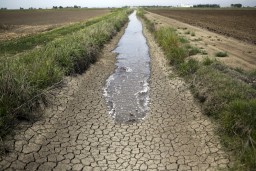
A NASA study has found that major groundwater aquifers are being depleted faster than the rate of replenishment, threatening food supplies and security.
The groundwater at some of the world’s largest aquifers — in the U.S. High Plains, California’s Central Valley, China, India, and elsewhere — is being pumped out “at far greater rates than it can be naturally replenished.”
The most worrisome fact: “nearly all of these underlie the word’s great agricultural regions and are primarily responsible for their high productivity.”
4. Geoff Cousins heads the ACF
You’ll probably recognise the gravel-voiced tones of Geoff Cousins from his campaign against the Gunns paper mill. He used 20,000 signatures from ANZ customers to pressure the bank to withdraw the project’s funds.
From the SMH:
His business credentials include heading the country’s largest advertising company and heading Optus Vision when it slugged it out with News Ltd over rugby league broadcasting rights. He is a director of the Telstra board.
He is now President of the Australian Conservation Foundation, so expect to hear more from him. Now he’s lashed out at the Direct Action legislation and given the BCA (Business Council of Australia) a whack around the ears for supporting the legislation which he says individual companies would have rejected.
If somebody had brought a business case to the boards of one of those public companies for this program, no responsible board would have given it the time of day.
You would have asked first of all how cost efficient it was, you would have asked what was world’s best practice in all of these areas, these sorts of questions, and none of them would have been able to be answered positively in regard to this program.
The ACF are now embarking on a public education campaign about the legislation.
5. Food, Fossil Fuels and Filthy Finance
That’s the title of a report from Oxfam, summarised at Hot Topic.
On current trends, the world will be 4–6ºC hotter by the end of the century, exceeding 2ºC within the lifetimes of most people reading this report. This could put up to 400 million people in some of the poorest countries at risk of severe food and water shortages by the middle of the century.
This paper shows how, despite some steps in the right direction to tackle climate change, a ‘toxic triangle’ of political inertia, financial short-termism and vested fossil fuel interests is blocking the transition that is needed. To help break this, governments must commit to phase out fossil fuel emissions by early in the second half of this century, with rich countries leading the way.
In 2012 fossil fuel companies spent $674bn on exploration and development projects. The industry is supported by $1.9 trillion of subsidies public finance, incentives and tax breaks, including the costs of paying for its widespread damage.
Quite simply, most of the stuff should be left in the ground:

In truth, that’s generous!


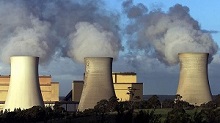
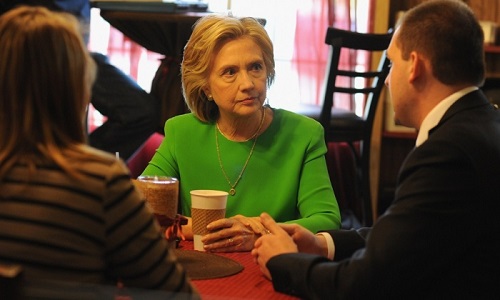

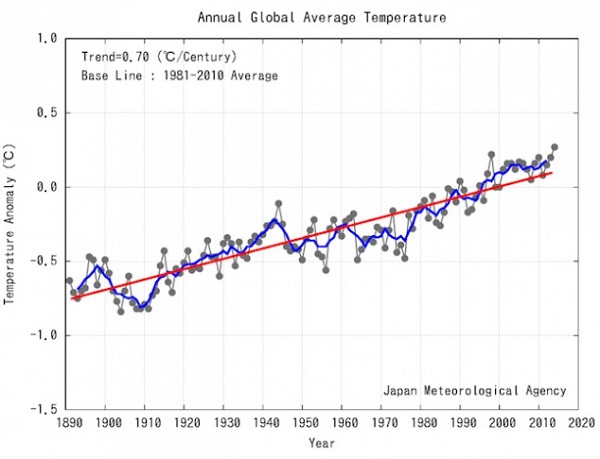

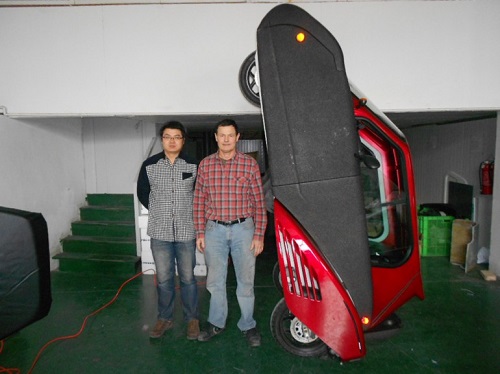
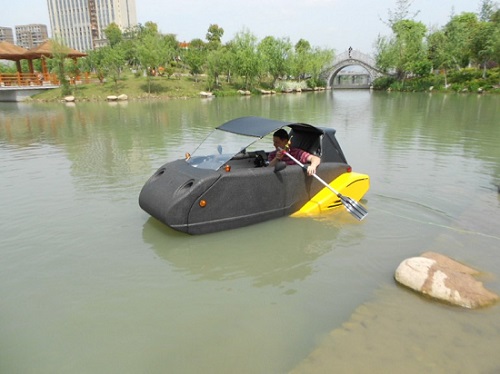
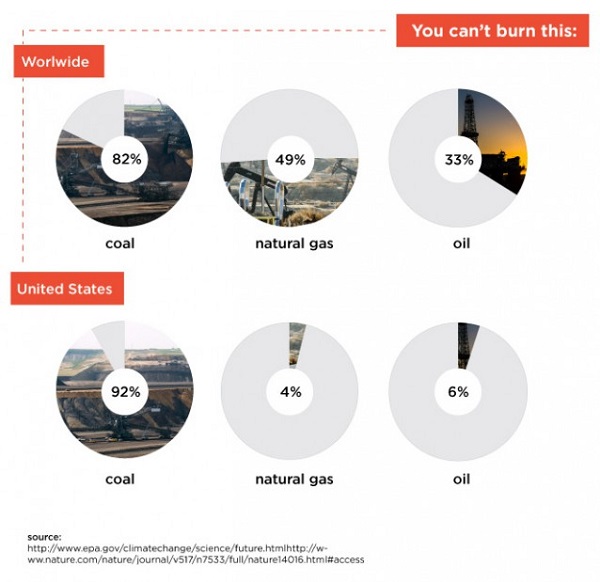
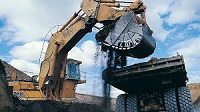
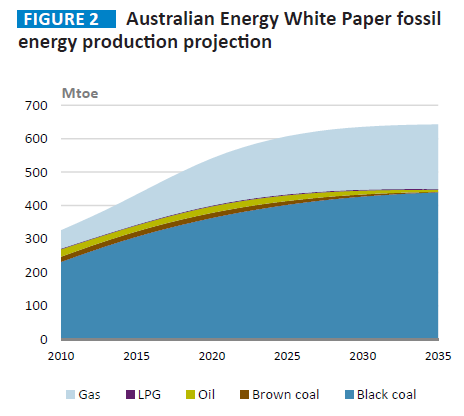
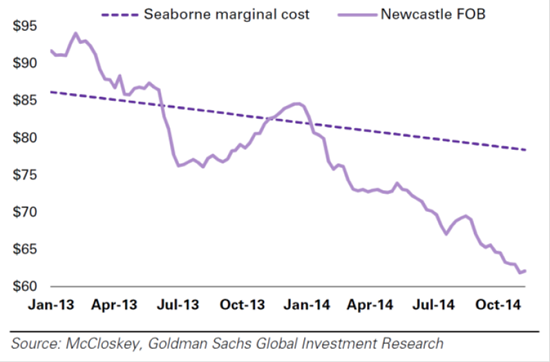


 These posts are intended to share information and ideas about climate change and hence act as a roundtable. Again, I do not want to spend time in comments rehashing whether human activity causes climate change.
These posts are intended to share information and ideas about climate change and hence act as a roundtable. Again, I do not want to spend time in comments rehashing whether human activity causes climate change.